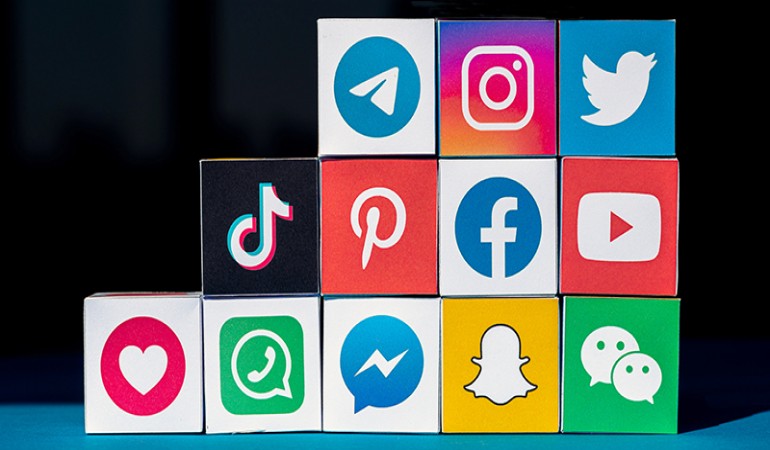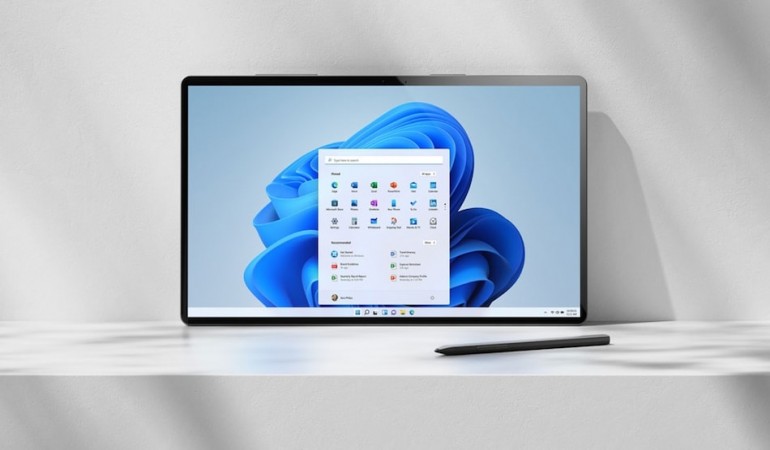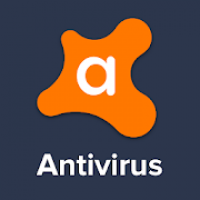10 ways to protect yourself on social media
Social media platforms like Facebook, Instagram, Twitter, Snapchat and LinkedIn offer great ways to socialize and connect with friends and others who share similar interests — or to network professionally. However, it’s easy to hide or alter one’s identity using any of these platforms. And if you haven’t met the person in real life, it’s hard to know their true identity or their real intentions.

Social media platforms like Facebook, Instagram, Twitter, Snapchat and LinkedIn offer great ways to socialize and connect with friends and others who share similar interests — or to network professionally.
However, it’s easy to hide or alter one’s identity using any of these platforms. And if you haven’t met the person in real life, it’s hard to know their true identity or their real intentions.
Here are some steps you can take to protect yourself online, as well as some tips to help you assess online interactions and connections.
1. Be aware of what’s public
When was the last time you Googled yourself? Doing so regularly is a good way to see what kinds of information about you — or images and videos of you — are publicly available.
You can also set up a Google Alert for yourself so you’ll be notified whenever a new item about you is posted online.
2. Check your privacy settings
Every social media platform offers ways to control what information you’re sharing with whom. Check these settings often as they change all the time.
Here are some guides on how to set your privacy settings for Facebook, Snapchat and Instagram.
3. Don’t accept friend requests from strangers
One way to control who sees your posts or has access to information about you is to only accept friend requests from people you know on platforms like Snapchat, Facebook and LinkedIn.
4. Be careful when you check-in or share your location
When checking in somewhere or sharing your location, be aware that you’re essentially sharing your whereabouts with everyone who has access to what you post. You’re announcing where you are to your friends, but also, potentially to strangers.
5. Review your tags
Some platforms, like Facebook, allow you to view posts you’re tagged in so you can decide if you want to share them or not.
6. Don’t share personal information online
Regardless of what platform you’re on, don’t share personal information like your phone number, home address, email address or student ID number. If you need to share that information, do it privately and make sure you know who you’re sharing it with and why they need the information.
7. Don’t share anything you don’t want your grandma to see
Even if you have your privacy settings set to the max, don’t share anything online you wouldn’t want your grandma to see. Assume that once you’ve posted it, it’s online and findable forever.
8. Be aware of phishing scams
Be mindful when giving out your phone number, email address and other personal information online because, because this makes you a potential target for phishing scams and texts, emails or other communication with malicious software attachments. Don’t open suspicious emails or other messages.
Don’t reply to them. Don’t click on links contained within the communication and don’t provide your phone number, email address or any other information on a web page you may be directed to.
9. Keep an eye on your passwords
We all have too many passwords, but it’s important to ensure that all your passwords are different and as obscure as possible. A good password should contain a few capital letters, numbers and a symbol.
Don’t share your passwords and be sure to change them regularly. Also, make sure you have a password lock on your phone. Use apps like “Find My iPhone” to protect the data on your phone should it be lost or stolen. Always opt for two-way authentication whenever it’s available (i.e. when you need your username/password along with a piece of information that only you know, to log into a site).
Opt for email notifications for every log in. Check third-party apps regularly to see which has automatic access to your social media accounts. De-authorize ones you’re no longer using.
10. Check community guidelines
For more information, check the community guidelines on Facebook, Instagram and Snapchat.
Following these tips and trusting your instincts will help you stay safe when interacting on social media.















